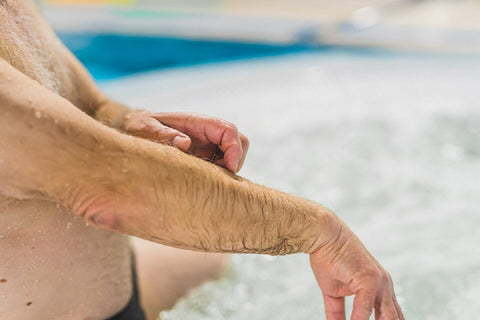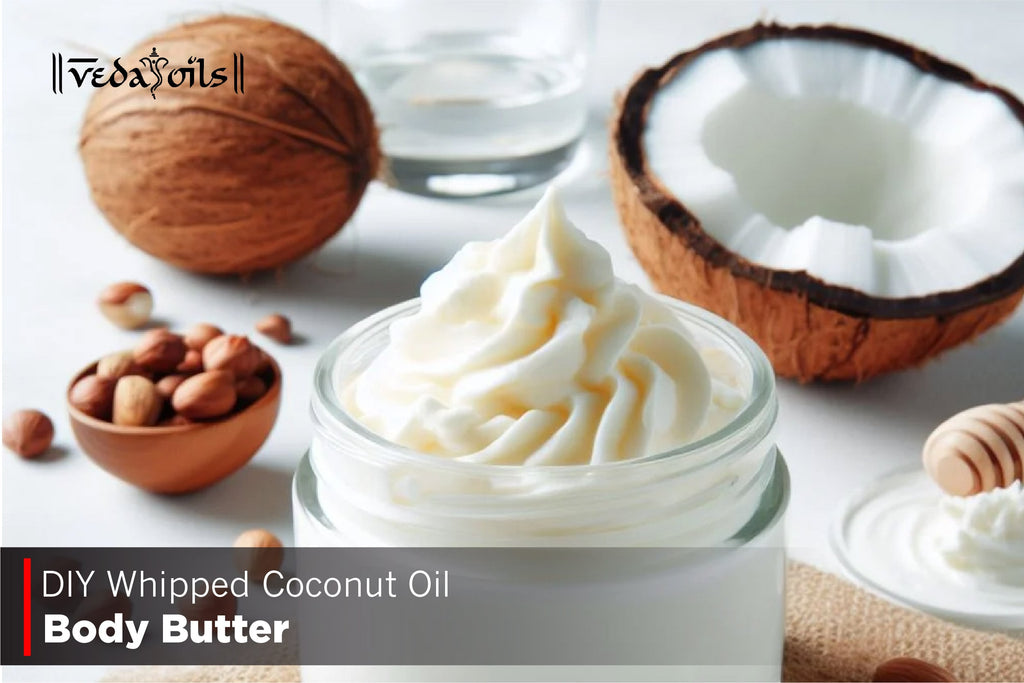Clove Oil For Itchy Rashes - Benefits & How To Use?
Itchy rashes can be a source of discomfort, and finding a natural remedy for relief is important. Clove oil, derived from the Syzygium aromaticum plant, has been used for its medicinal properties for centuries. Discover how to use this natural oil and unlock its potential to relieve discomfort associated with itchy rashes.

In this blog post, we will explore the benefits of clove oil for itchy rashes and how it can help alleviate discomfort. From its soothing properties to its ability to reduce inflammation and provide antimicrobial effects, clove oil offers a holistic approach to addressing itchy rashes.
Benefits of Clove Oil For Itchy Rash
Clove oil offers several benefits when it comes to alleviating itchy rashes. Its potent antimicrobial, anti-inflammatory, and analgesic properties make it an effective natural remedy for soothing irritated skin. Let's delve into the benefits of clove oil for individuals dealing with itchy rashes.
1. Clove Oil For Itchy Rash
When applied topically, the eugenol in clove essential oil interacts with the nerve endings in the skin, numbing them and reducing the urge to scratch. Minimizing scratching reduces the risk of further skin damage and irritation, facilitating healing.

Clove oil contains eugenol, a compound known for its numbing properties, which can help alleviate the itchiness associated with rashes. This provides immediate relief from the itching sensation, allowing individuals to experience a soothing effect.
2. Clove Oil For Anti-Inflammatory Action
The active components in clove oil, including eugenol and other bioactive compounds, work by inhibiting the production of inflammatory molecules and enzymes in the skin. This helps calm the inflamed skin, relieving discomfort and promoting faster healing.

Itchy rashes often occur due to inflammation in the skin, which can result from various factors such as allergies, irritants, or underlying skin conditions. Clove oil possesses potent anti-inflammatory properties that can help reduce the swelling, redness, and irritation associated with itchy rashes.
3. Clove Oil For Antimicrobial Effects
oil exhibits vigorous antimicrobial activity, particularly beneficial for itchy rashes caused by bacterial or fungal infections. Microorganisms such as bacteria and fungi can exacerbate the itching and prolong healing.

The antimicrobial properties of clove oil help inhibit the growth and spread of these harmful microorganisms, reducing the risk of secondary infections. By creating an unfavorable environment for the development of pathogens, clove oil supports the body's natural healing mechanisms and aids in faster recovery from the rash.
4. Clove Oil For Analgesic Properties
Itchy rashes can often be accompanied by pain and discomfort. Clove oil acts as a natural analgesic, relieving the associated pain.

The eugenol in clove oil numbs the nerve endings in the skin, reducing the sensation of pain and discomfort. By applying diluted clove oil to the affected area, individuals can experience a soothing effect, alleviating the pain caused by the itchy rash.
5. Clove Oil For Moisturizing Dry Skin
Clove oil has moisturizing properties that help hydrate the skin, addressing the underlying dryness and preventing further itchiness. By moisturizing the skin, clove oil supports healing and promotes faster recovery from the itchy rash.

Dry skin can worsen the itchiness of rashes and delay the healing process. It acts as an emollient, forming a protective barrier on the skin's surface and locking in moisture. This helps to replenish the skin's natural moisture levels, reducing dryness and itchiness.
How To Use Clove Oil For Itchy Rash?
Clove oil is a natural remedy that can be used to alleviate itching caused by a rash. Its anti-inflammatory and analgesic properties make it effective in providing relief. However, it's important to use clove oil properly to ensure safety and maximize its benefits. Here is how to use clove oil for an itchy rash.

Ingredients:
- Clove Essential Oil - 7 Drops
- Virgin Coconut Oil - 2 Tablespoons
Directions:
Step 1: Mix a few drops of clove oil with a carrier oil such as coconut oil.
Step 2: Diluting the clove oil helps prevent skin irritation, as it is highly potent in its undiluted form.
Step 3: Apply the diluted clove oil to the itchy rash using a clean cotton ball or your fingertips.
Step 4: Ensure that the oil covers the entire affected area.
Step 5: Gently massage the oil into the skin, allowing it to penetrate and provide relief.
Step 6: Leave the oil on the skin for 15-20 minutes before rinsing it off.
Step 7: Leave the oil overnight for more severe rashes for maximum benefits.
Step 8: Repeat this process 2-3 times daily or as needed to alleviate the itchiness and promote healing.
Step 9: Monitor your skin for adverse reactions, and discontinue use if you experience any discomfort.
Conclusion
Use Clove oil for an itchy rash and get a natural and effective solution to your problem. Its soothing properties, including anti-inflammatory, antimicrobial, and analgesic effects, can provide much-needed relief. By diluting and applying clove oil to the affected area, individuals can experience the benefits of this natural remedy and find a replacement for the discomfort of itchy rashes. Visit us at VedaOils.com and get the best clove oil for an itchy rash at wholesale price.
You May Also Like:
Buy Products
Related Articles
Disclaimer :- This article is intended for informational and educational purposes only and should not be considered a substitute for professional medical advice. For specific health concerns or treatment, please consult your personal physician. The article's editor, writer, and VedaOils organization do not assume any responsibility for any health outcomes resulting from the information provided. Readers are strongly encouraged to seek advice from their physician before acting on any recommendations made in these articles.
















 Sign in
Sign in Register now
Register now My Reward Points
My Reward Points









